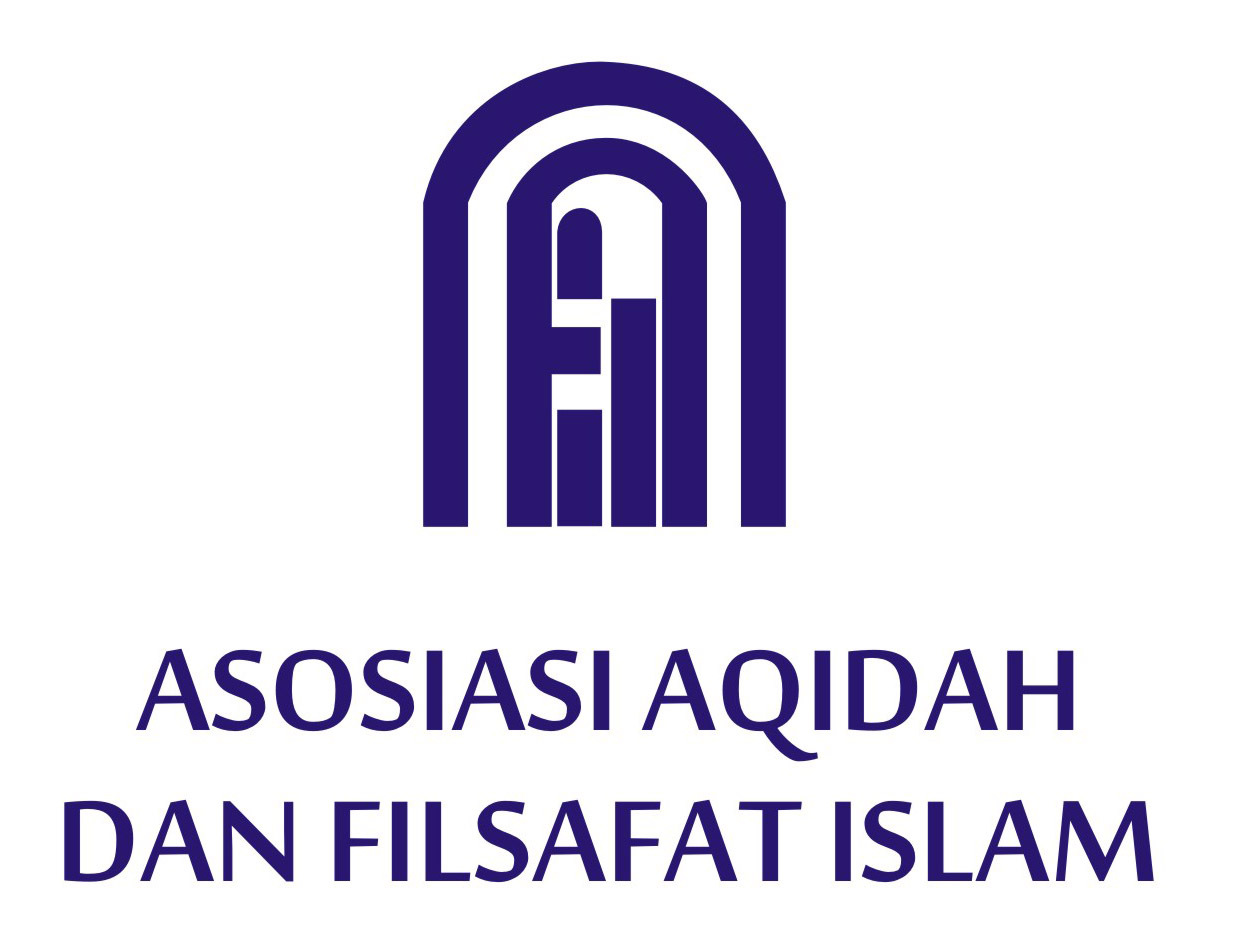Soft-Capitalism: Business Revitalization Based on Spirituality
Abstract
Soft capitalism has begun to spread in Indonesia, marked by the number of Islamic businesses that are developing. This raises questions about the Islamic economic system and capitalism which seem to merge without any obstacles. In Yogyakarta, this phenomenon can be found in the Geprek Chicken and Milk (Preksu) and Waroeng Steak which is a popular economic movement in the culinary field. Specifically, from the business object, the author conducts indepth study at how the two paradigms that tend to be contradictory, capitalism and Islam, are able to go hand in hand in their manifestation based on the spiritual company. This study using the sociological approach and literature study and primary data based on field observation. The result shows that the fusion between Islamic values and capitalism produces a new phenomenon influenced by a strong moral economy from producers (entrepreneurs) and high consumer enthusiasm sustained by the role of new media. Therefore, the author argues that the growing moral value of human economies finally shatters egocentricity capitalist and Islamic is necessary as a measure of decorum (ethical) in the economy.
Keywords
References
Abdul Khobir. “Islam Dan Kapitalisme.” Religia 13, no. 2 (2010): 225–38.
Amirul Bahri. “Kecerdasan Emosi Dan Spiritual (ESQ) Ary Ginanjar.” Blog. Amirulbahri.Wordpress.Com (blog), 2019. ttp://www.google.com/amp/s/amirulbahri.wordpress.com/2010/10/17/kecerdasan-emosi-dan-spiritual-esq-ari-ginanjar/amp/.
Arief Yahya. Great Spirit, Grand Strategy. Gramdia Pustaka Utama, 2013.
Arnaldo Oliveira. “The Place of Spirituality in Organizational Theory.” EJBO Electronic Journal of Business Ethics and Organization Studies 9, no. 2 (2016): 17–21.
Asep Saipudin Jahar. “Transformasi Gerakan Ekonomi Islam Kontemporer.” MIQOT: Jurnal Ilmu Ilmu Keislaman XXXIX, no. 2 (2015): 319–40.
Bambang Hariyanto. “Pengertian the Law of Deminishing Return,” 2018. www.bambanghariyanto.com.
Bryan S Turner. , The Secularisation Thesis, Religion and Modern Society: Citizenship, Secularisation and the State. New York: Cambridge University Press, 2013.
Budi MUnawar Rachman. “Spiritualitas, Pendekatan Baru Dalam Beragama.” In Agama Di Tengah Kemelut, 7–10. Jakarta: Mediacita, 2001.
Choirul Huda. “Ekonomi Islam Dan Kapitalisme: Merunut Benih Kapitalisme Dalam Ekonomi Islam.” Economica VII, no. 1 (2016): 27–49.
Edy Purwanto, Aeni Husniah, Sifa Afidati, MUhammad Muchbiburrohman, and Siti Wahyuni. “Spiritual Company as a Company Culture for Competitive Advantage of the Company.” In Global Economic Climate, 274–82. Malaysia, 2014.
Eva F Nisa. “Creative and Lucrative Daʿwa: The Visual Culture of Instagram amongst Female Muslim Youth in Indonesia.” Asiascape: Digital Asia 5 (2018): 68–99.
Fahruddin Faiz. “New Age Dan Pendekatan ‘Gado-Gado’ Terhadap Agama: Mencermati Gerakan Spiritual Anand Krishna.” Religi IV, no. 1 (2005): 66.
Hamid Fahmi Zarkasyi. “Worldview Islam Dan Kapitalisme Barat.” Tsaqafah 9, no. 1 (2013): 6–38.
Haruni Ode. “Pengembangan Organisasi Berbasis Spiritual Studi Kasus: Waroeng Grup Yogyakarta.” URECOL: University Research Colloqium, 2018, 16–26.
Joseph Nevins, and Nancy Lee Peluso, eds. “Worshipping Work Producing Commodity Producers in Contemporary Indonesia.” In Taking Sout East Asia to Market, Commodities, Nature and People in the Neo Liberal Age. Cornell Unversity Press, 2008.
Kristiningsih. “Sistem Ekonomi Alternatif: Menuju Kapitalisme Religius (Dalam Kajian Ontologi, Epistimologi Dan Aksiologi Filsafat Ilmu).” Equilibrium 1, no. 3 (2003): 291–306.
Ngainun Naim. “Kebangkitan Spiritualitas Masyarakat Modern.” Kalam 7, no. 2 (2013): 238.
Riswan Rambe, Asmuni, and MUhammad Yafiz. “Gerakan Ekonomi Islam Di Indonesia Pada Era Pra Kemerdekaan.” EDU-RELIGIA 2, no. 1 (2018).
Robert W. Hefner. Islam Kapitisme: Tentang Pembentukan Bank Islam Pertama Di Indonesia. Mizan, 1998.
Ronald W. Shephard and Rolf Fare. “The Law of Diminishing Returns.” Journal of Economics 34 (1974): 69–90.
Wasisto Rahatjo Jati. “Agama Dan Spirit Ekonomi: Studi Etos Kerja Dalam Komparasi Perbandingan Agama.” Al-Qalam 35, no. 2 (2018): 211–40.
Zulaikha. “Kapitalisme Dan Islam (Sebuah Telaah Konsep Islam Atas Konsep Kapitalisme.” Al-Ihkam 6, no. 2 (2011): 331–58.
DOI: http://dx.doi.org/10.24042/klm.v14i1.5778
Refbacks
- There are currently no refbacks.
Copyright (c) 2020 KALAM
License URL: https://creativecommons.org/licenses/by-sa/4.0
KALAM [ISSN: 0853-9510, e-ISSN: 2540-7759] published by Faculty of Ushuluddin and Religious Study, Universitas Islam Negeri Raden Intan Lampung in collaboration with Asosiasi Aqidah dan Filsafat Islam (Islamic Theology and Philosophy Association)
Office: Faculty of Ushuluddin and Religious Study, Universitas Islam Negeri Raden Intan Lampung. Letkol H. Endro Suratmin Street, Sukarame, Bandar Lampung, Lampung, Indonesia, Postal code 34513. Website: http://ejournal.radenintan.ac.id/index.php/kalam, Email: kalam@radenintan.ac.id.
 This journal is licensed under a Creative Commons Attribution-ShareAlike 4.0 International License.
This journal is licensed under a Creative Commons Attribution-ShareAlike 4.0 International License.


